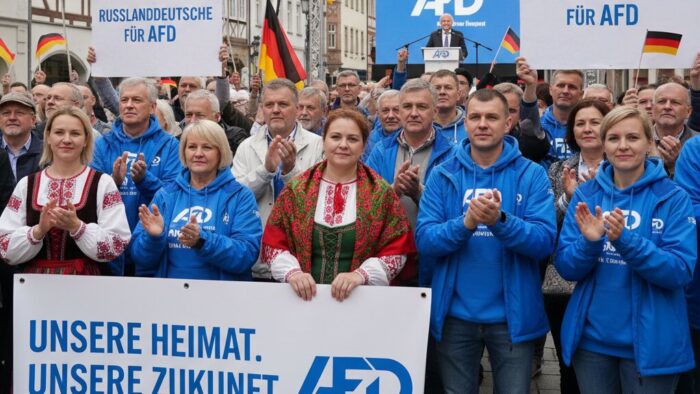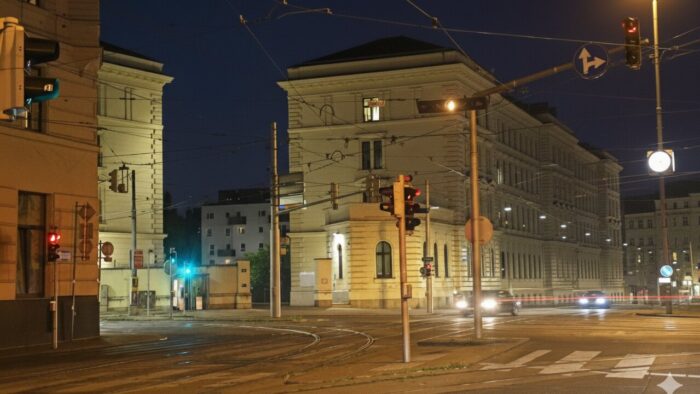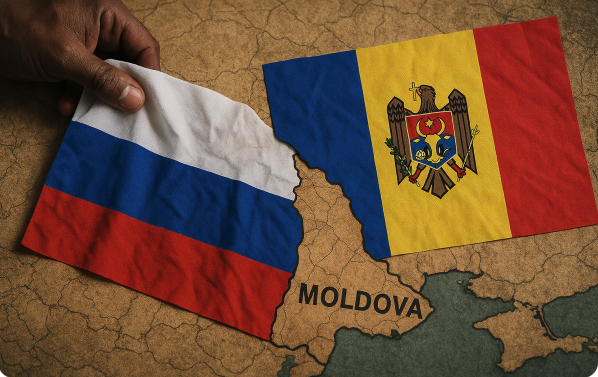US media is reporting that Google’s parent company Alphabet announced it is blocking the YouTube channels of RT and Sputnik and removing them from its news-related features. The move comes after the EU decided to ban the Russian state-backed media outlets over Ukraine-related disinformation, According to a report by RFE/RL:
March 1, 2022 Google Europe says it is blocking YouTube channels associated with pro-Kremlin Russian media outlets RT and Sputnik across Europe amid Moscow’s invasion of Ukraine. Google, which owns YouTube, said in a tweet on March 1 that the move will take effect immediately, though “it’ll take time for our systems to fully ramp up.” “Our teams continue to monitor the situation around the clock to take swift action,” it added. In a separate move, Google’s parent company, Alphabet, confirmed to Reuters that it had removed RT and other state-funded outlets from its news-related features, including the Google News search tool. Kent Walker, Google’s president of global affairs, said in a blog post that “in this extraordinary crisis we are taking extraordinary measures to stop the spread of misinformation and disrupt disinformation campaigns online.”
Read the rest here.
International media reported later that Alphabet and Apple said they would also block RT and Sputnik mobile apps in the Google Play Store and Apple App Store in Europe. According to a Reuters report:
March 2, 2022 Alphabet Inc’s (GOOGL.O) Google said on Tuesday that it has blocked mobile apps connected to RT and Sputnik from its Play store, in line with an earlier move to remove the Russian state publishers from its news-related features. […] Apple Inc (AAPL.O) said on Tuesday that RT News and Sputnik News were no longer available for download from its App Store outside Russia.
Read the rest here.
In 2017, the NYT characterized RT (formerly Russia Today) as follows:
Analysts are sharply divided about the influence of RT. Pointing to its minuscule ratings numbers, many caution against overstating its impact. Yet focusing on ratings may miss the point, says Peter Pomerantsev, who wrote a book three years ago that described Russia’s use of television for propaganda. “Ratings aren’t the main thing for them,” he said. “These are campaigns for financial, political and media influence.” RT and Sputnik propel those campaigns by helping create the fodder for thousands of fake news propagators and providing another outlet for hacked material that can serve Russian interests, said Ben Nimmo, who studies RT for the Atlantic Council. Whatever its impact, RT is unquestionably a case study in the complexity of modern propaganda. It is both a slick modern television network, dressed up with great visuals and stylish presenters, and a content farm that helps feed the European far right. Viewers find it difficult to discern exactly what is journalism and what is propaganda, what may be “fake news” and what is real but presented with a strong slant.
Sputnik is a state-owned Russian news agency established in 2014 and operating in over 30 languages. It has been frequently accused of spreading disinformation and is monitored by the strategic communication divisions of the EU and NATO.
The Global Influence Operations Report has extensively covered the activities of RT and Sputnik as well as Russian disinformation on Ukraine.










